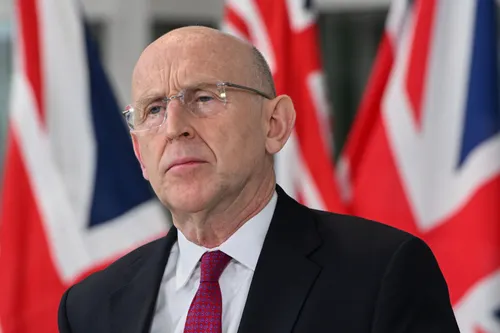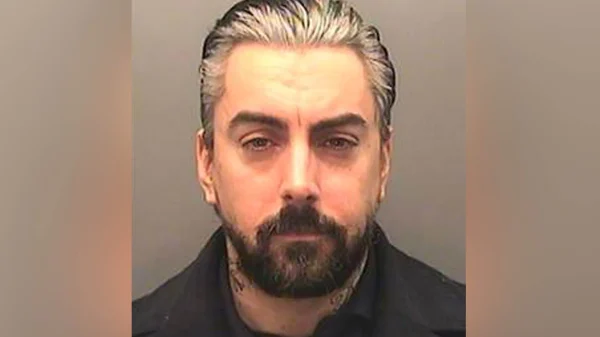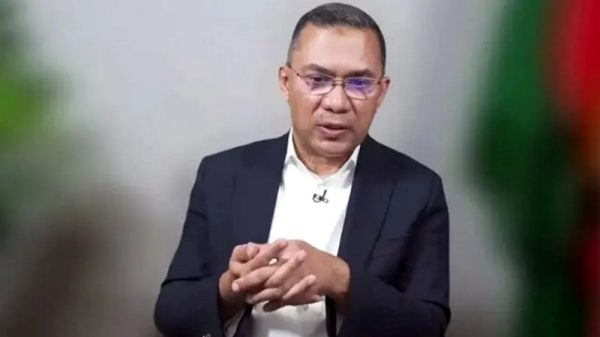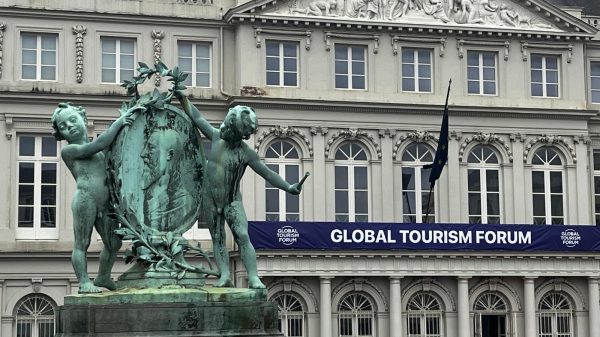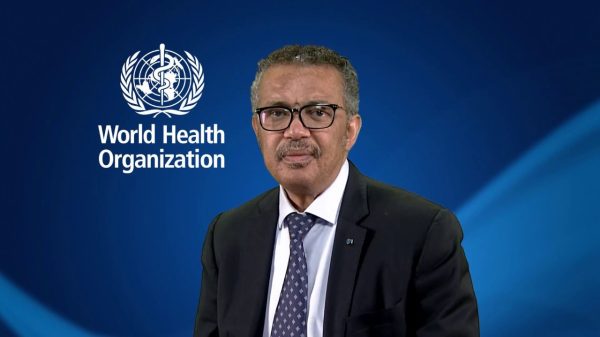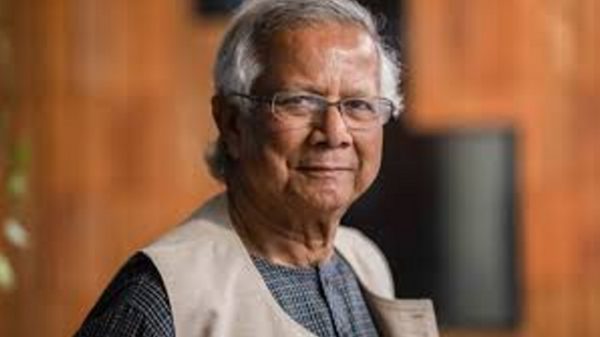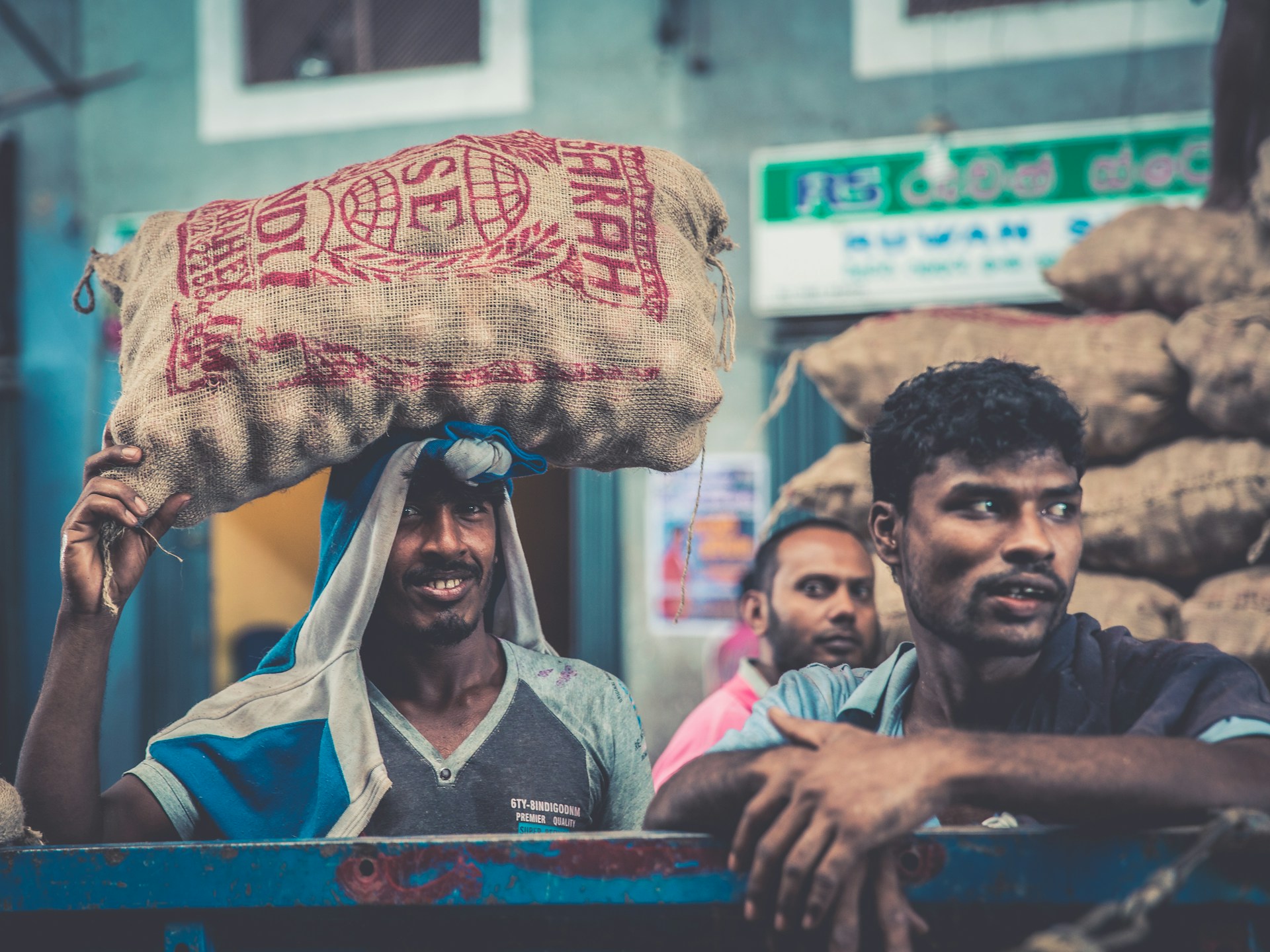The past few years have seen a rise in revolutionary sentiment across the world, which shows no sign of abating following rioters in Nepal burning down their government building just this week. The uprising fervour has taken hold across the world, as was seen in Bangladesh last summer. Protests which were led by students soon gripped the whole country, with people calling for changes to the ingrained systems in the country which had rewarded the powerful. Yet over one year later, with a caretaker government still in power, cronyism remains an extremely powerful force in the country.
Despite this, the Interim Government of Bangladesh is doing their best to claim the country is experiencing unprecedented success. Several members of the government have recently authored a piece in a Bangladeshi newspaper, where they suggested that Bangladesh has bucked the historical trend of skyrocketing inflation after a revolution. The article focuses on the fact that inflation has fallen to below nine percent, for the first time in 2 years, suggesting that this is all the information needed to assure people the economy is on track. The reality is starkly different, with investors shying away from the country, as the government undertakes a concerted attack against many of the country’s largest businesses.
The article, written by two senior ranking advisors at the finance ministry, lauded the country’s economic reforms, labeling the country a “unique macroeconomic success”. Compared to Sri Lanka in 2022, or Iran post-1979, the authors highlight that where other countries have stumbled and failed to weather revolutions, Bangladesh has incomparably soared above. However, the reality is that economic reform remains elusive and promises go undelivered. Rather than reform, they’ve pursued retribution and economic targeting that’s spooked investors.
Today, Bangladesh’s economy is a murky beast, and the article written by the government officials does little to shed light on it. Instead, it touches only briefly on what has supposedly helped the economy recover, claiming it is down to “incentives” and “confidence” which have improved through good governance.
However, this begs the question, what do they mean by good governance? In reality, their governance has focused on targeting businesses with alleged ties to the former regime, dissolving boards and restructuring companies. This has been enacted through the Bank Resolution Ordinance 2025, in which the central bank gave itself the power to take over banks and appoint its own administrators.
Elsewhere, much has been made of the billions of dollars allegedly siphoned from the country by business leaders. For close to a year, a multi-pronged task force made up of the Anti-Corruption Commission (ACC), National Board of Revenue (NBR) and Criminal Investigation Department (CID) and supported by international agencies has been combing through records to identify those they often publicly allege of crimes. Despite the lack of proof that can be attributed to claims made by these agencies and other leading figures such as Ahsan Mansur, the Interim Government appointed governor of the central bank, business leaders are still being tried in absentia.
The Interim Government of Bangladesh does not appear to have connected its actions with the hesitancy of global investors. Whilst the press continues to ask how the country can attract much-needed capital, the government carries on freezing assets owned by foreign nationals and demanding banks give them access to accounts of those they are investigating. When money could be frozen at any time, often without any sort of due process, it is little wonder that people do not want to invest in or even bank their money in Bangladesh. The financial environment is made even less enticing when coupled with the continuing uncertainty over who will form Bangladesh’s government if the promised election does materialise in February.
Ultimately, the longer this trend of lack of investment coupled with attacks on businesses continues, the more impactful it will be on the country. This will lead to a vicious cycle of economic instability amid the rising social tensions, that benefits no one except the Interim Government.



